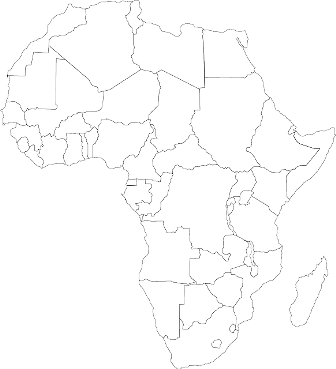
Greenpeace Africa Responds to East Africa Crude Oil Pipeline Deal
In response to the news that Uganda, Tanzania and oil firms Total and CNOOC have signed agreements to kickstart the construction of a Sh371.7 billion ($3.5 billion) 1,440 Kilometers long crude oil pipeline, Greenpeace Africa Senior Political Advisor, Fredrick Njehu has said:
“Oil companies are desperately clinging onto a dying industry. They clearly have vested interests in keeping their pockets lined. Communities in East Africa are not interested in dirty, outdated, fossil-fuels. They are rising up and championing a future that is powered by renewable sources of energy. “The crude oil pipeline will threaten water resources, biodiversity and Uganda’s oldest and largest nature reserve, the Murchison Falls National Park, which would be opened up to large-scale oil extraction at a time when the world is acting to urgently reduce its reliance on fossil fuels. The project will also have severe impacts on local communities rights.
“No matter how you look at it, oil is highly risky and has significant potential to damage the environment and put surrounding communities in peril. East Africa has some of the best renewable energy resources in the world, and these resources should be maximised as governments shift away from fossil fuels in a people-centred just transition.
“Contrary to what proponents argue, the EACOP will not “unlock East Africa’s potential”. East Africa needs energy security based on widespread rollout of renewables and the millions of clean jobs that come with it, and it needs to protect its natural heritage. African governments must prioritise innovative and just solutions for energy and not fall into neo-colonial projects that have vast environmental and climate risks.
Information Source: Read Full Release ..–>
Press release by:



